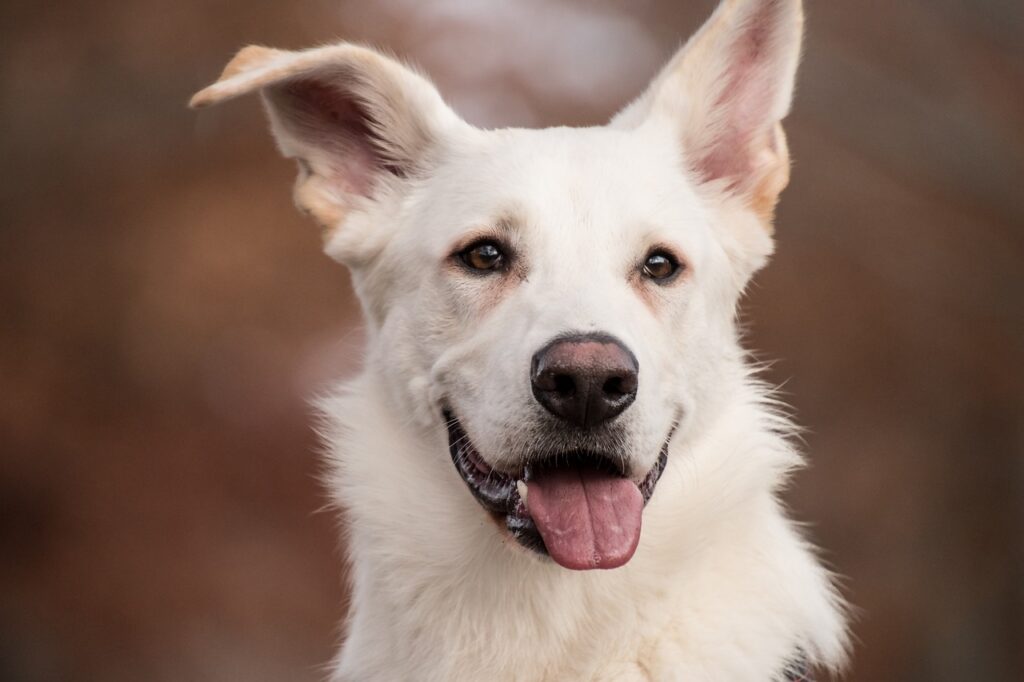Can Dogs Eat Walnuts? – No, They Can’t
It’s a common question many pet owners ask: Can our canine friends munch on walnuts like we do? The straightforward answer, in bold characters, is a definite No. Although walnuts aren’t toxic to dogs in the same way chocolate is, they can still pose a serious health risk. Dogs process foods differently than humans do, and walnuts can lead to an upset stomach or worse. Notably, moldy walnuts are particularly dangerous because they can contain toxins that cause neurological disease in dogs.
Can Puppies Eat Walnuts?
Puppy owners, in particular, might wonder if their growing pets can enjoy walnuts as a treat. The answer, regrettably, is a firm No. Puppies have even more sensitive digestive systems than adult dogs and are vulnerable to the adverse effects of improper foods. A small obstruction from a hard walnut shell can be much more perilous for a puppy, and the risk of a toxic reaction from moldy nuts is significantly escalated in their tiny systems.
Why are Walnuts Harmful for Dogs?
Despite their nutritious profile for humans, walnuts can be quite the adversary for our four-legged pals. Let’s uncover the main hazards that come with dogs consuming these nuts.
Gastrointestinal Obstruction
The size and shape of walnuts can cause blockages in a dog’s digestive tract. Symptoms of an obstruction may not be immediate and can lead to severe complications if not treated promptly.
Mold and Mycotoxins
Walnuts, especially those found on the ground, may carry dangerous molds which produce mycotoxins. These can lead to neurological dysfunction, tremors, and seizures in dogs.
Pancreatitis
High in fats, walnuts can trigger pancreatitis in canines. This painful condition inflames the pancreas and can induce vomiting, diarrhea, and a lack of appetite.
Symptoms to Watch Out For After Dogs Consume Walnuts
- Vomiting and Diarrhea: These are signs of gastrointestinal distress. Keep an eye out for any sudden changes in your dog’s bathroom habits or excessive retching.
- Lethargy: If your dog is unusually tired and uninterested in playtime or walks, it could be a symptom of walnut ingestion.
- Abdominal Pain: A dog in distress may whimper or shy away from touch if their abdomen is sore from a walnut-caused blockage or pancreatitis.
Immediate Steps to Take if Your Dog Eats Walnuts
- Assess the situation: Determine how many walnuts your dog has consumed and watch for any symptoms of distress.
- Contact your vet: If you suspect your dog has eaten walnuts, call your veterinarian. They can provide advice tailored to your dog’s size and symptoms.
- Monitor your dog: Keep a close watch on your pet and be ready to provide your vet with information on any symptoms as they develop.
Safe Alternatives to Walnuts
While walnuts are dangerous for dogs, there are safe alternatives that they can enjoy. Consider offering your dog these safer food options instead:
- Carrots – These are not only safe but also great for your puppy’s teeth and low in calories.
- Apples – Apple slices can provide vitamins and help clean residue off a dog’s teeth.
- Blueberries – This is a superfood for dogs, just like it is for humans, rich in antioxidants and fiber.
Conclusion
As we’ve seen, walnuts carry hidden dangers that can compromise the health and well-being of our canine companions. From the risk of blockages and pancreatitis to the potential of moldy nuts causing neurological issues, it’s crucial to keep walnuts out of paw’s reach. But don’t feel blue; your furry friend won’t miss out, thanks to plenty of healthy, dog-friendly snacks available. Always be vigilant, and rest easy knowing you’re providing the safest choices for your pet’s snacking!
Frequently Asked Questions
What if my dog accidentally eats a walnut?
Monitor for any signs of distress and contact your veterinarian for guidance. Quick response is key.
How many walnuts are harmful to a dog?
Even one walnut can pose a risk due to its size and potential for mold; it’s best to avoid them entirely.
Are other types of nuts safe for dogs?
Some nuts are less harmful than others, but many pose health risks and should be avoided. Always check with a vet before sharing nuts with your dog.
Can walnuts cause long-term damage to dogs?
If a dog ingests moldy walnuts containing mycotoxins, it could possibly lead to severe, long-lasting health issues.



